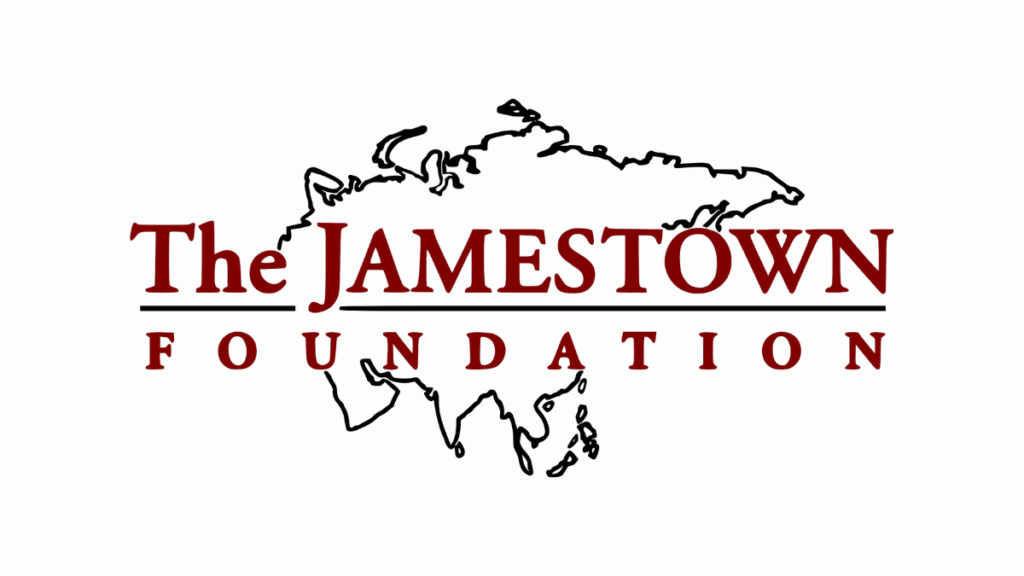Divide, Depoliticize, and Demobilize: China’s Strategies for Controlling the Tibetan Diaspora

September 23, 2021
Last fall, the Tibetan community in New York City was scandalized by news that a New York Police Department (NYPD) officer named Baimadajie Angwang, allegedly of Tibetan ethnicity, had been arrested and charged with spying on the local Tibetan community for the Chinese Communist Party (CCP) (New York Times, September 21, 2020). Court filings alleged that Angwang had been affiliated with the CCP since at least 2014 (Eastern District of New York U.S. Attorney’s Office, September 21, 2020). While news of Angwang’s arrest intrigued national media and intensified Washington’s growing concern about China’s overseas influence operations, Tibetans have long felt the creeping presence of Chinese espionage activities in their communities. Traditional exile hubs like Dharamsala and Kathmandu have been menaced for decades, but this problem has now spread to Western outposts of the Tibetan diaspora.
Beijing has historically viewed the Tibetan diaspora—with its resilient exile government and highly effective transnational advocacy movement—as a threat to China’s international reputation and its foreign policy objectives. This was especially so during its heyday in the late nineties and the early aughts, when the international Tibet movement dealt Beijing several defeats on the global stage––from thwarting China’s bid for the 2000 Olympics to foiling a high-stakes World Bank loan that would have enabled Beijing to transfer some 60,000 Chinese settlers into eastern Tibet (Los Angeles Times, September 24, 1993; World Bank, April 28, 2000). During this time, Beijing began expanding its overseas influence operations targeting the Tibetan diaspora, refining its strategies and innovating new tactics to counter the Tibet movement.
Read the full article: https://jamestown.org/program/divide-depoliticize-and-demobilize-chinas-strategies-for-controlling-the-tibetan-diaspora/
